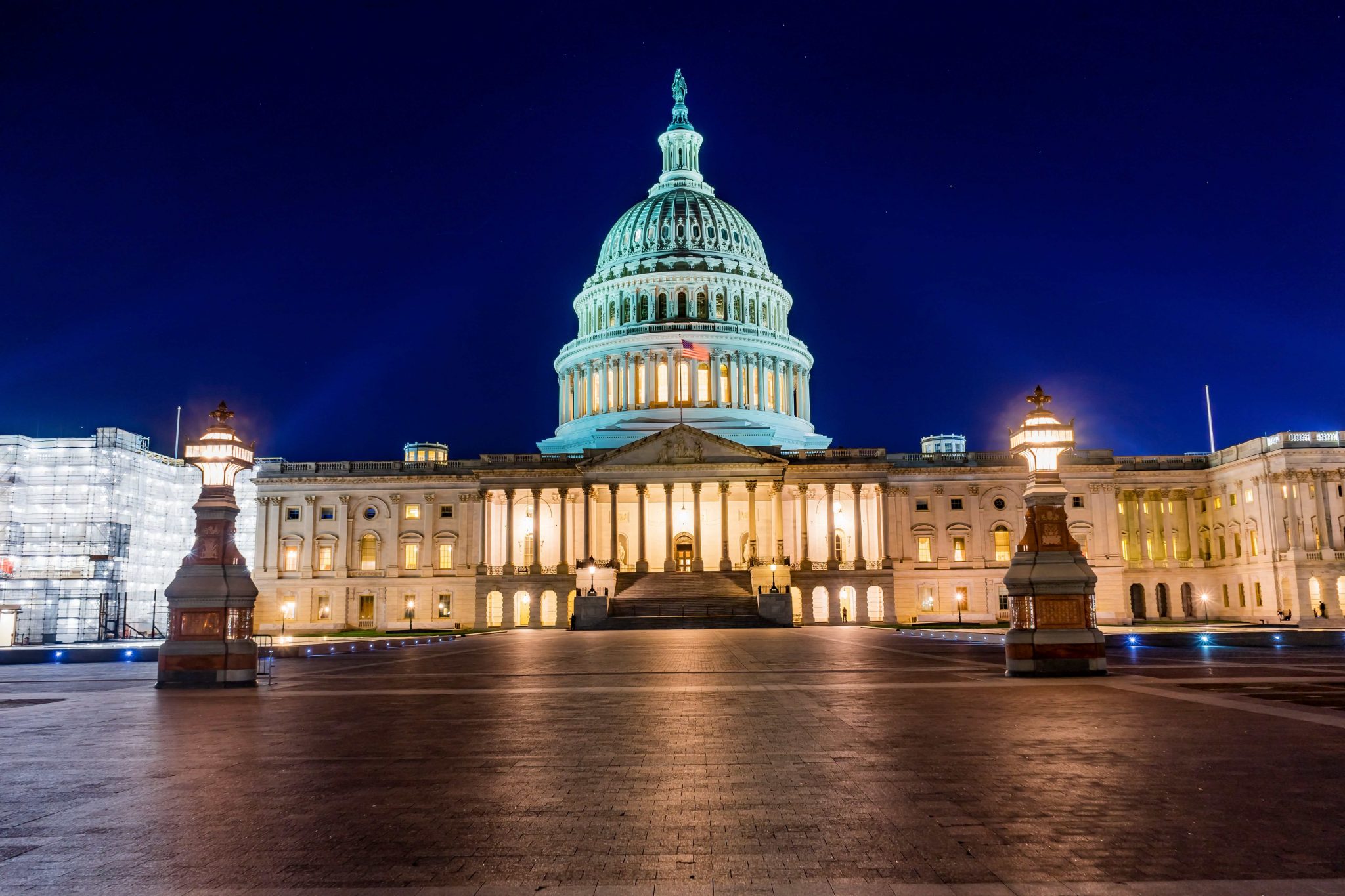Special Counsel Robert Mueller’s report sheds new light on Russia’s sweeping campaign to interfere in the 2016 Presidential election. With only 18 months to go before Americans head back to the polls, here are 10 steps – developed and endorsed by a bipartisan group of experts – that leaders from all sectors can take right now as part of whole-of-society effort to protect American democracy from ongoing and future influence campaigns:
1. The President should publicly acknowledge the Russian government’s attack on American democracy and the ongoing threat posed by Kremlin interference. He should further signal to the international community that the United States considers election interference to be a serious national security threat and will respond as such.
2. The White House should appoint a Counter Foreign Interference Coordinator to the National Security Council – as our Australian partners have done – and establish a Hybrid Threat Center within the Office of the Director of National Intelligence to manage and strengthen the intelligence community’s response to foreign interference. The Coordinator would work across the inter-agency to manage analysis and policy response to interference efforts targeting the U.S. and its allies.
3. Congress should pass mandatory reporting requirements that would obligate administrations to inform lawmakers of state-sponsored hacking of electoral infrastructure and political campaigns, in order to de-politicize efforts to unmask and respond to interference.
4. Congress should also look for ways to close loopholes in online political advertising to ensure users understand the source of ads they see, establish security and reporting standards for election infrastructure vendors, and appropriate additional funds for election cybersecurity at the state and local level.
5. Congress and the Executive Branch should coordinate to close loopholes that allow foreign malign actors to gain strategic and political influence in the United States through financial means. These measures should include tracking international funds transfers, requiring more stringent reporting of beneficial ownership, and expanding oversight of commercial real estate investment by foreign entities.
6. Political campaigns should improve their cybersecurity and cyber hygiene. The Belfer Center’s “Cybersecurity Campaign Playbook” offers some constructive ideas, including having staff use virtual private networks (VPN) while traveling and moving campaign data to cloud-based servers that offer more robust physical and encryption protections than local server storage.
7. The Department of Homeland Security (DHS) should continue to make federal election security resources available to state and local agencies, prioritize security clearances for election officials at all levels, and formalize communication channels with tech companies and researchers to raise awareness of foreign manipulation of social media.
8. Journalists and media outlets should develop or revise internal regulations governing the use of leaked information, establish best practices for the handling of hacked documents, and bolster sourcing and verification standards – particularly when referencing social media-generated content.
9. Social media companies should commit to greater transparency with users and government agencies about foreign manipulation of their platforms, and should combat these threats by targeting inauthentic behavior rather than content. The tech sector writ large should invest in public-private partnerships to identify emerging technological threats to democracy such as deep fakes and decentralized applications enabled by Blockchain. Companies should recognize that their success depends on the strength and stability of democracy.
10. State and local officials should commit to exclusively use election systems that produce paper-ballots and should conduct post-election audits of results. They should also adopt strong cybersecurity standards for electoral infrastructure and upgrade that infrastructure where necessary. The Brennan Center offers a great primer on securing voting machines and voter registration databases, and DHS’s Critical Infrastructure Security Agency (CISA) provides free auditing and vulnerability assessments.
Special Counsel Mueller’s report sheds light on our vulnerability to foreign interference. It is up to American policymakers, private sector leaders, and citizens to work, on a bipartisan basis, to address it.
The views expressed in GMF publications and commentary are the views of the author alone.





